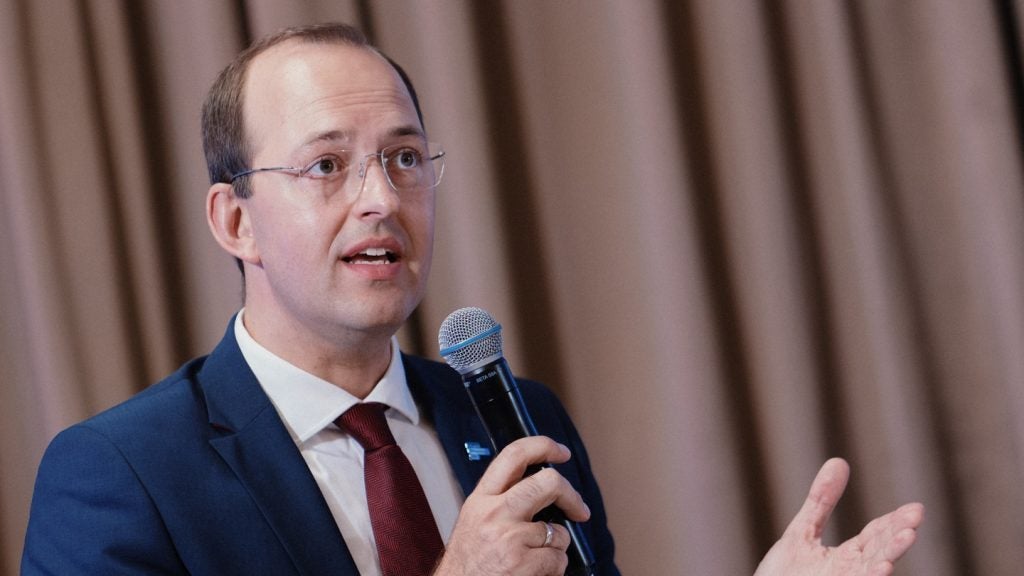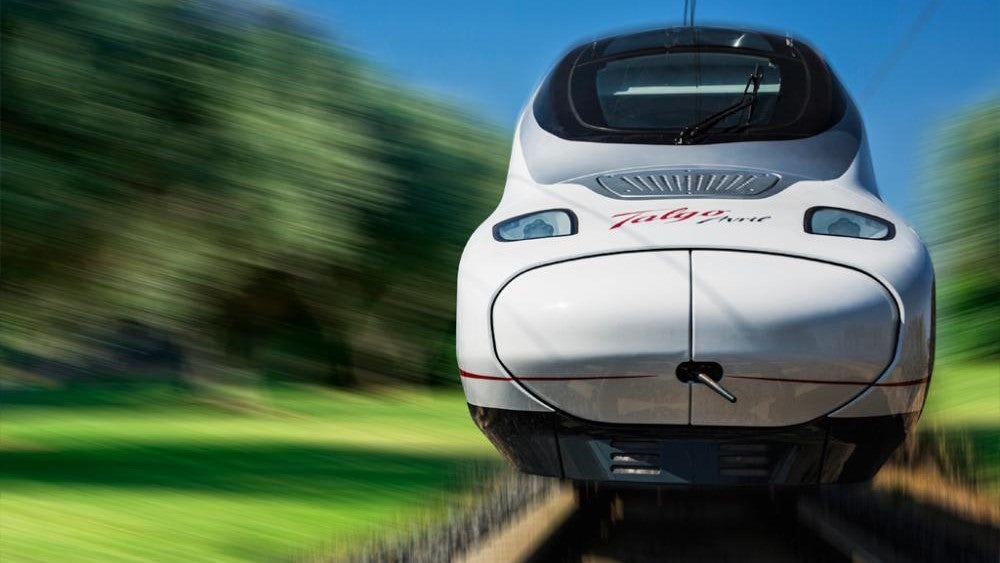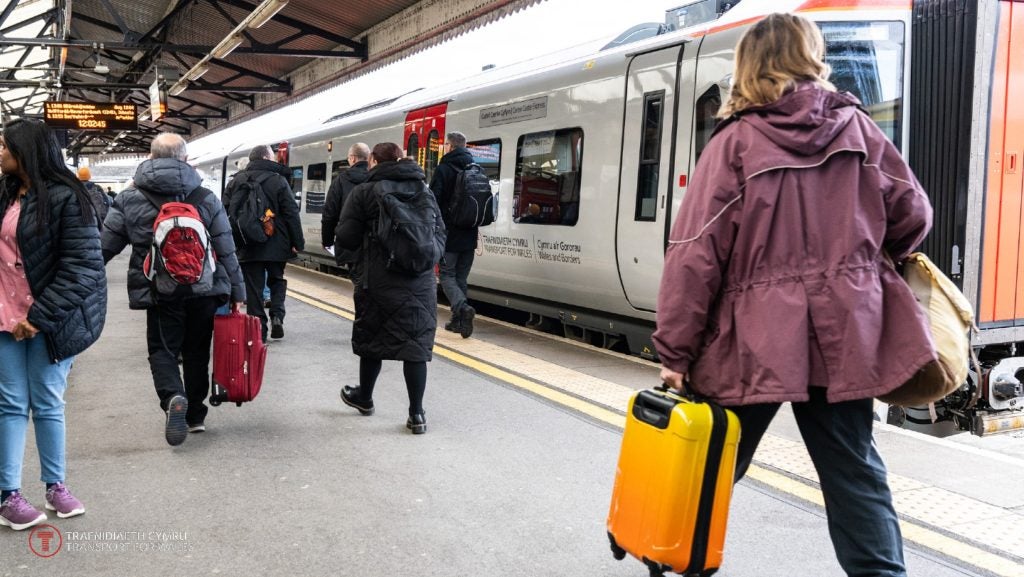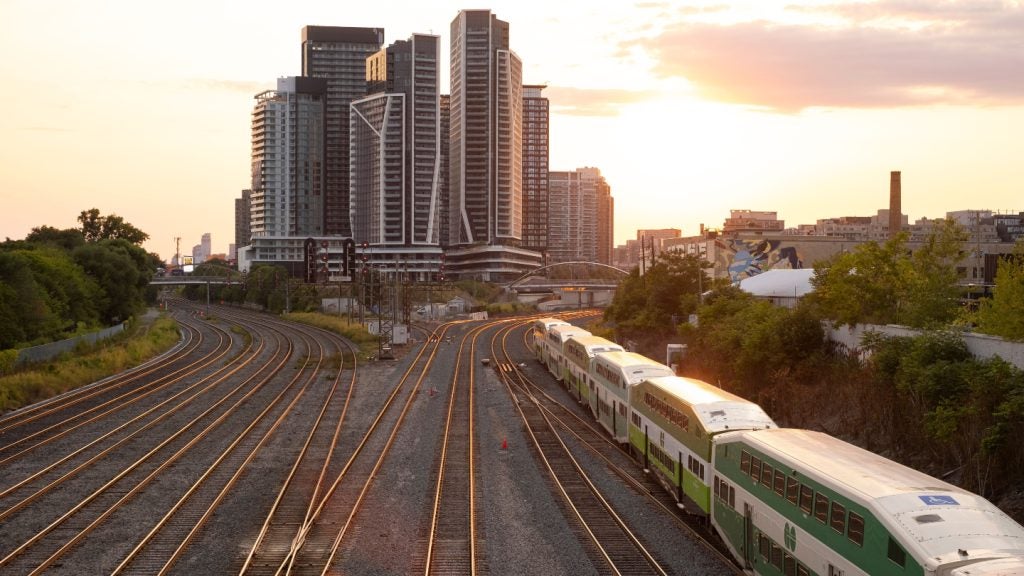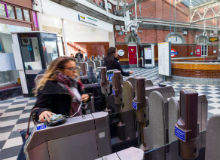

Boris Johnson’s tenure as Mayor of London is in its twilight. The larger-than-life character, who recently returned to the House of Commons, has seen passenger numbers in the capital boom during his premiership, and rail has generally undergone a renaissance across the UK over the same period.
However, one issue in particular has become somewhat toxic, not to mention highly politicised: fares. Londoners and the millions of tourists who descend on the capital every year – feeling the pinch in other areas of life since the financial crash – have had to pay more for their daily commute or visit to the city’s landmarks.
As one example, a seven-day travelcard for Underground zones 1-4 has risen from £36.80 in 2010 to £46.10 in 2015. Renowned transport journalist Christian Wolmar says: "It has reached the level where people cannot tolerate it anymore."
Bearing this in mind, it’s no surprise that the cost of transport is playing a significant part in the mayoral elections. As decision day approaches, the candidates are pitching their ideas to the public, eager to showcase their commitment for fair fares.
See Also:
A four-year freeze
Labour candidate Sadiq Khan has made transport a key plank of his campaign. His claim that those commuting from zone 6 have paid an extra £3,351 since 2008 has resulted in a four-year fare freeze pledge.
How well do you really know your competitors?
Access the most comprehensive Company Profiles on the market, powered by GlobalData. Save hours of research. Gain competitive edge.

Thank you!
Your download email will arrive shortly
Not ready to buy yet? Download a free sample
We are confident about the unique quality of our Company Profiles. However, we want you to make the most beneficial decision for your business, so we offer a free sample that you can download by submitting the below form
By GlobalDataKhan’s funding for this comes from efficiency savings and new revenue streams. Speaking to the London Evening Standard in January, he said: "I’ll start by ending any further public funding for the Emirates cable car as soon as the contract allows — if that means it closes, then so be it. It has been a disastrous waste of money and costs more than £5m a year to run.
"I’ll also freeze purchases of the new Routemaster buses. I’ll prioritise more affordable and more environmentally friendly buses — and invest the savings to keep fares down."
The former transport minister would also like to cut Transport for London (TfL) spending on consultants and agencies, and use 600 acres of TfL land to generate regular income. The plan, which Khan says would cost £450m over four years, has been criticised by some as an impossible promise.
In a briefing document obtained by the BBC, TfL claimed the freeze would cost £1.9bn, stating that as Crossrail will bring in more passengers, freezing fares would mean it wouldn’t benefit from inflation-linked fare rises.
However, Wolmar says: "From my understanding, Sadiq’s proposal is feasible, even though TfL is under some pressure. From my conversations with people inside TfL, it would be feasible without enormous damage to the investment programme. I think they could probably get away with it [a freeze] for three or four years, but not longer than that. They would have to look at it again in 2020."
The unease around Khan’s plan relates to TfL’s funding model. In an £11.5bn budget from 2015/16, 40% came from fare income. The organisation’s current business plan foresees fare increases at the rate of retail price index plus 1%, each year from 2016 to 2021.
TfL’s general grants from the UK government for day-to-day running of services will also be cut from 2018, gradually tapered down from £591m a year. The organisation says the shortfall can be filled with commercial revenue and fares, as well as efficiency savings.
With this in mind, Professor Tony Travers from the London School of Economics, says a freeze is feasible but warns: "The truth is that any pound given away in a fare cut, is gone forever, and the money that would be foregone is undoubtedly needed as a potential revenue source to fund borrowing to build infrastructure in a city that has a rising population."
Discounts for early risers and "bearing down" on costs
Much of the hullabaloo regarding lower fares is intended to protect those at the bottom of the pay scale. Liberal Democrat candidate Caroline Pidgeon is pushing to cut fares for Underground, DLR, Overground and TfL Rail journeys before 07:30am by half, which she said "would really help some of London’s lowest paid workers who often have to work unsocial hours".
"Half-price fares by 07:30 would also help tackle overcrowding by encouraging people to start their journeys earlier in the morning," she stated in January.
The Lib Dems estimate this would cost £30m a year and be partly funded in the first two years by withdrawing TfL’s financial support for the Garden Bridge Project – although as this is capped at £10m Pidgeon would need to find other savings.
Wolmar agrees with the idea in principle, but suggests a cheaper fare at night would serve more people. "It would help some of the lower paid people. However, the real one to go for would be to have a cheaper fare all night. 50% of people who travel at night on are commuters of one sort or another. The other 50% are leisure travellers. Those commuters tend to be lowly paid workers."
Wolmar and Travers are also cynical about the idea of scaling back support for the Garden Bridge, describing the £10m as a relatively small amount in TfL’s vast budget. Travers also says that a real-terms cut could increase congestion and crowding.
Meanwhile, Conservative candidate Zac Goldsmith has promised to "bear down" on transport costs but, speaking at a mayoral hustings in September 2015, he said big pledges were "reckless" and could affect investment and expansion plans.
Investment is a topic Travers highlights, calling the situation a "classic British problem". "The trouble with all of this – and it’s a bit like the concessions that exist – giving away fares in the hope of winning votes has all sort of consequences, which all boil down to less money to invest in the system.
"We would rather spend money on day-to-day consumption than on investing in the long term. That is simply wrong. What we need is more investment."
Scrapping the zones?
Khan and Pidgeon’s ideas are relatively well-worn, but the most radical suggestion has come from Green Party representative Sian Berry, who has called for the abolishment of zones across London in favour of a flat fare.
Figures show that someone living in zone 6 pays £844 more a year to travel into the centre of the city than someone in zone 3, and Berry’s plan would be spread over many years; starting in 2017 with the merger of zone 4 with 3, 6, and 5. Over a period of eight years, the Greens would keep fares on the outskirts lower, with those in the inner city rising to meet them. The party says it could ensure London is a one fare zone by 2025.
This would see a drop of 10% in TfL’s fare revenue by the same year, with the policy paid for by increasing the congestion charge – from £11.50 to almost £20 a day – placing a levy on workplace parking spaces and extending the ultra-low emission zone.
A TfL spokesperson said in response: "Zones were introduced in London to make paying for travel as fair as possible, meaning those travelling shorter distances pay less than those making longer trips."
Wolmar does not believe scrapping all zones is particularly likely, but does say that flattening fares is a viable option. "The trouble is," he adds, "that would make the single fare a one-stop fare and perhaps quite high. But, it might have other advantages – perhaps you want to discourage people using one stop."
The New York subway implements a flat fare, "so whether you go one stop in Manhattan or from Manhattan to the edge of Brighton Beach, you pay the same", says Travers. He describes the situation as a battle of ideology.
"It’s a struggle between the municipalist view of the world and the economist view of the world. Economists, left to their own devices, would have an option in each door for the seats, so would you get a different fare at different times and depending on how congested it was. On the other edge of the spectrum you have a municipalist view, which is a flat fare for all."
At the time of writing – still weeks before the election – it is all hypothetical. Nevertheless, transport will play a defining role in deciding who wins the keys to City Hall.
"It’s such a big issue and a bigger one now as more and more people are using tubes and buses; fewer people jump in their cars," says Wolmar. "So, it’s increasingly important, for a large number of people, to keep the fares down.
"That’s why – at last – it’s become a political issue."



